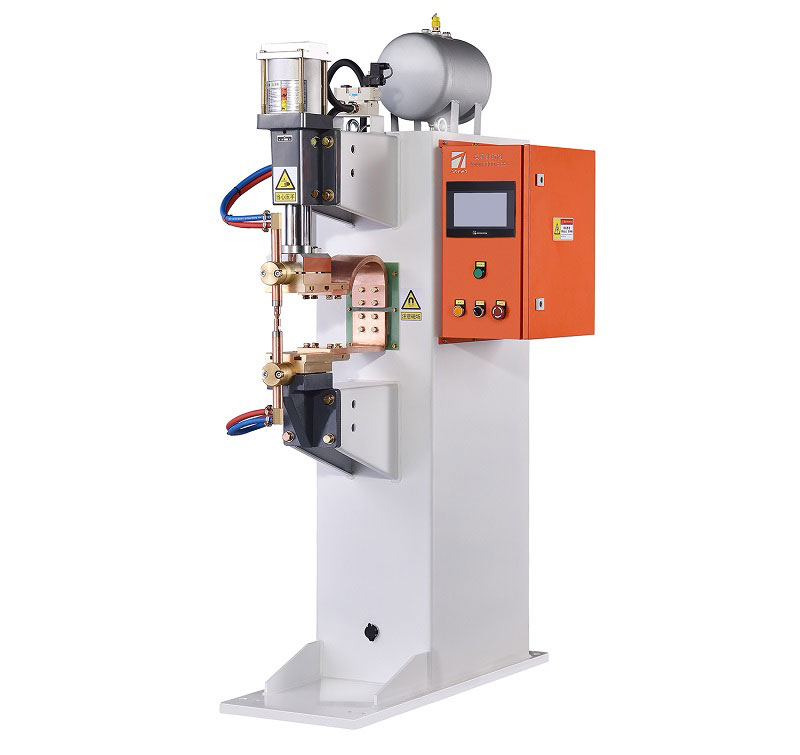Introduction to Electrode Materials for Resistance Welding
Resistance welding is a widely used technique in manufacturing processes, and the choice of electrode materials plays a crucial role in the welding quality and efficiency. In this article, we will delve into the various electrode materials used in resistance welding, their characteristics, and their applications.
- Copper Electrodes
- Material Characteristics: Copper electrodes are among the most commonly used in resistance welding due to their excellent electrical conductivity and heat resistance.
- Applications: They are suitable for spot welding and seam welding of various materials, including steel, stainless steel, and aluminum.
- Tungsten Electrodes
- Material Characteristics: Tungsten has a high melting point, making it ideal for high-temperature welding applications.
- Applications: Tungsten electrodes are commonly used in projection welding and for welding high-temperature alloys.
- Molybdenum Electrodes
- Material Characteristics: Molybdenum is known for its exceptional heat resistance and durability.
- Applications: Molybdenum electrodes find applications in the aerospace and electronics industries for welding exotic materials.
- Thorium-Tungsten Electrodes
- Material Characteristics: Thorium-tungsten electrodes exhibit improved electron emission and are suitable for both AC and DC welding.
- Applications: They are commonly used in the aerospace industry for welding aluminum and magnesium alloys.
- Zirconium Copper Electrodes
- Material Characteristics: Zirconium copper electrodes offer good resistance to welding heat and are less prone to sticking.
- Applications: They are widely used in automotive and electrical industries for spot welding.
- Silver-Tungsten Electrodes
- Material Characteristics: Silver-tungsten electrodes combine the electrical conductivity of silver with the durability of tungsten.
- Applications: They are employed in applications requiring high wear resistance, such as welding switches and contacts.
- Chromium Zirconium Copper Electrodes
- Material Characteristics: These electrodes have excellent heat resistance and are resistant to weld spatter.
- Applications: They are commonly used in resistance welding of stainless steel and other high-temperature alloys.
- Copper Tungsten Electrodes
- Material Characteristics: Copper tungsten electrodes offer a good balance between electrical conductivity and heat resistance.
- Applications: They are used in applications where copper electrodes may wear quickly due to high currents.
In conclusion, the choice of electrode material in resistance welding depends on the specific welding application and the materials being joined. Each material has its own unique characteristics and advantages. Proper selection of electrode materials is essential to achieve high-quality welds and optimize the welding process.
